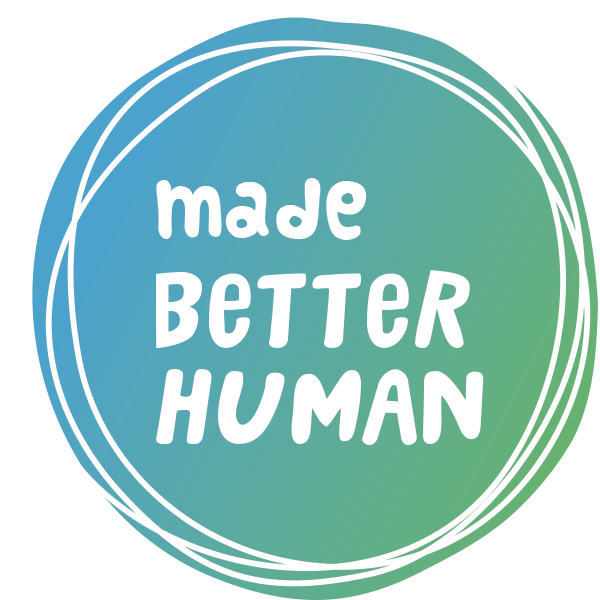People transition through many different roles throughout their lives. Sometimes these changes seem to happen effortlessly, and we glide into new ways of being without much drama or resistance. Other times the changes can be tough. We may not want to see ourselves as ‘between jobs’; living with a significant illness; single; divorced; fired; an empty nester. Many experiences can change how we like to think of ourselves, and we can, at times, have a tough time coming to terms with our transitions. We can struggle to launch ourselves into a new understanding of who we are becoming. This migration of identity can become stalled, and we can feel stuck.
From a narrative practice perspective, migration of identity refers to the process of shifting from one dominant story about ourselves (often shaped by problems, limitations, or external influences) to a new, richer, and more empowering story that aligns with our values, strengths, and preferred ways of being. Sometimes the new story is one we are resisting because we like where we have been and had grown accustomed to the comforts and familiarity of our existence. However, life pushes forward with our consent or not.
When we are stuck, we are in what is referred to as a liminal phase. This is a crucial part of the migration of identity in narrative practice, as it represents the transitional space where an individual moves away from their problem-saturated identity or a dissolving sense of self but has not yet fully embraced or solidified their new, preferred (and unknown) identity. It is a period of ambiguity, exploration, and transformation.
Liminality comes from the Latin word limen, meaning threshold. It refers to the in-between phase in which we are no longer fully rooted in our old identity but haven’t yet fully formed or stepped into our new one. It’s like the beginning of an eclipse with a new version of us gradually eclipsing the old. This time is fertile ground for growth, self-reflection, and creativity. It is also a time of emotional discomfort, confusion often combined with a feeling of invisibility or insignificant.
Liminal phases allow us to let go of the constraints of our old identity and to experiment with and envision new possibilities for who we could become. We can begin the process of re-authoring our life story with greater agency and self-awareness embracing a new sense of identity. But we have to move through the transition. There’s no escaping that!
The term "rites of passage" was coined by Arnold van Gennep, a French ethnographer and folklorist, in his seminal book Les Rites de Passage (1909). In this work, van Gennep analysed and categorised the rituals and ceremonies that mark significant transitions in an individual’s life, such as birth, puberty, marriage, and death. Van Gennep identified that these transitions often follow a three-phase structure:
1 | Separation: We are separated from our previous social role or identity.
2 | Liminality (or Transition): We exist in a threshold state, neither fully part of the old identity nor the new one.
3 | Incorporation: We are integrated into our new role or identity within the community / life.
We have created a powerful activity for you to complete to remember your legacy of moving through transitions. Use the template provided on Letting Go to explore the knowledges, skills and history you have at your disposal to support you through transitions.
The liminal phase is an integral part of the migration of identity because it is the transitional space where the old identity is deconstructed, and the new identity is constructed. Though challenging, this phase is essential for meaningful and lasting transformation. It represents the threshold of change, bridging the gap between who the individual was and who they are becoming.
If you’d like to explore your life stories in more detail, why not reach out to Made Better Human. We offer a comprehensive program, Made Better Stories which guides you through an approach you can take to unfold new meaning and perspective on your life stories. Or you might like to work with one of our narrative therapists / coaches who can offer one-on-one coaching that will support you as you work through your stories and the re-authoring process. Contact us here.

